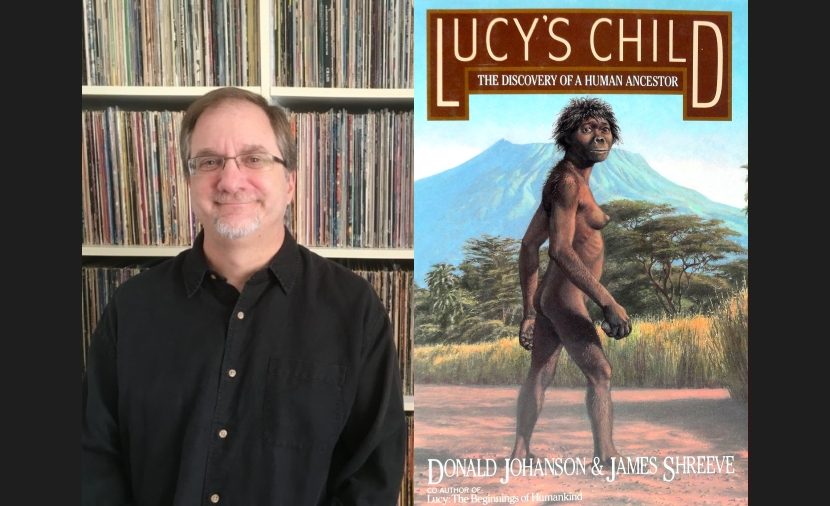Books are a wonderful way for coworkers and friends to share experiences, even when we’re miles, states, and countries apart. Hearing about what someone is reading is like taking a 5-minute vacation. Each week, one Piper team member will answer the question, “What are you reading?” and take you on a well-deserved, 5-minute vacation.
This week Alan is reading Lucy’s Child: The Discovery of a Human Ancestor by Donald C. Johanson and James Shreeve.
“…real-life events read like a suspense novel…”
ALAN SAYS…
Don Johanson became something of a household name when he discovered Lucy, an ancestral skeleton that pushed back the date of human origins and generated no small amount of controversy. In Lucy’s Child, Johanson shares the details of another, later expedition—not so pathbreaking, not so abundant in buried treasures, but gripping nonetheless. It might be hard to see how a book that amounts to “and then the we dug some more…and the next day we planned to dig some more…” could read like a mystery novel, but it does. What counts as evidence, what that evidence signifies, and who gets the acclaim for discovering that evidence, are hotly contested aspects of paleoanthropology. The rewards, after all, include rewriting the history of humankind, which is, you know, kind of a big deal.
But the book is thirty years old—hasn’t more evidence been gathered since then? True, but what are thirty years against a backdrop of millions? The debates may have shifted a bit but they’ve hardly cooled, and the major players still have pickaxes in their hands and fire in their bellies. Their exploits unfold with all the intrigue of a dimestore novel…or, in this case, a two-dollar bargain bin find.
AMAZON DESCRIPTION
A famed paleontologist describes his latest find at Tanzania’s Olduvai Gorge, a two-million-year-old elbow bone, a discovery that raises questions about humankind’s evolution.
HAVE YOU READ THIS BOOK?
Tell Alan what you thought in the blog comments below!

